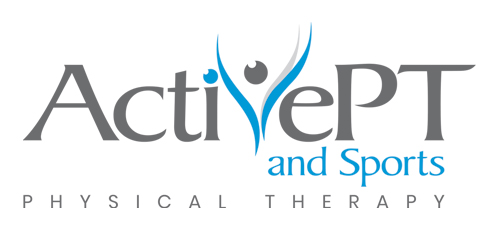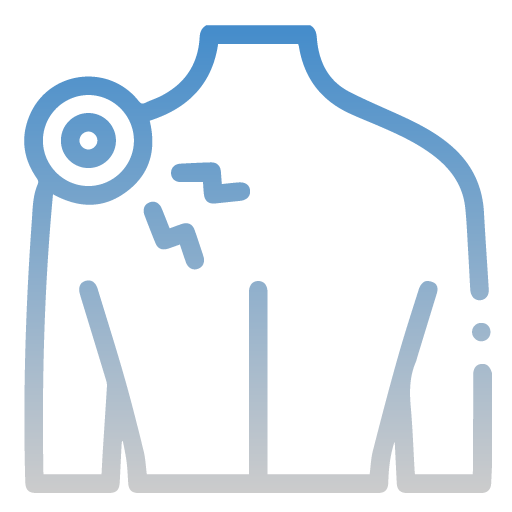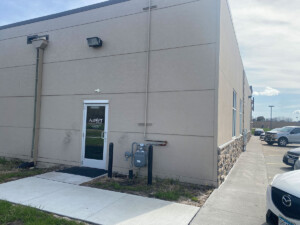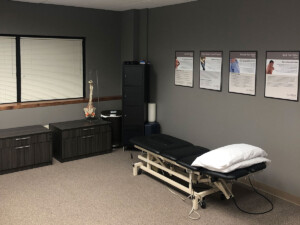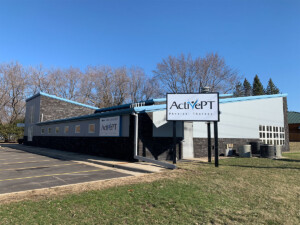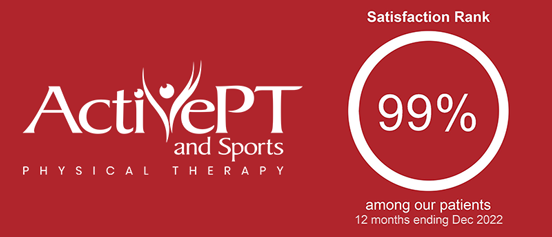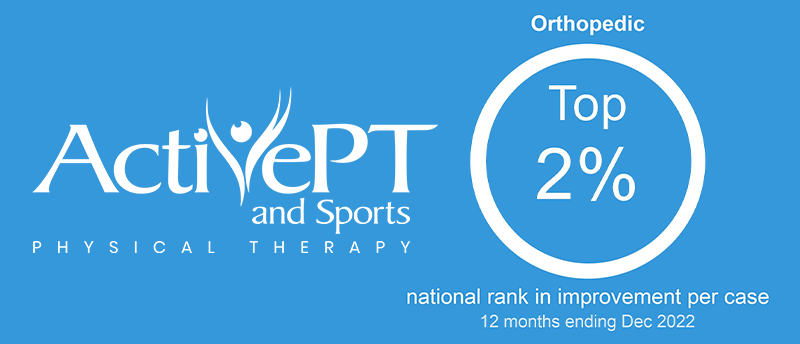What Causes Shoulder Pain?
Shoulder pain can result from a number of different things. Commonly shoulder injuries are the result of repetitive use or incorrect use of the upper extremity along with injuries that result from sports such as football, baseball, tennis and swimming. While in some cases shoulder pain may require surgery, at ActivePT we strive to be a great first option to avoid surgery if possible. In the event your problem with not improve without surgery, we can refer you to one of our preferred surgeons. With your permission, the therapist may even observe your surgery to ensure the surgeon and therapist have a common plan for your post-surgical rehabilitation.
Some of the more common shoulder problems we see at ActivePT include:
- Impingement syndrome
- Rotator cuff pain and rotator cuff tear
- Frozen shoulder (adhesive capsulitis)
- Labral tear (torn labrum, slap tear, Bankart tear, cartilage tear)
- Separated shoulder (AC joint sprain)
- Rehabilitation after shoulder surgery

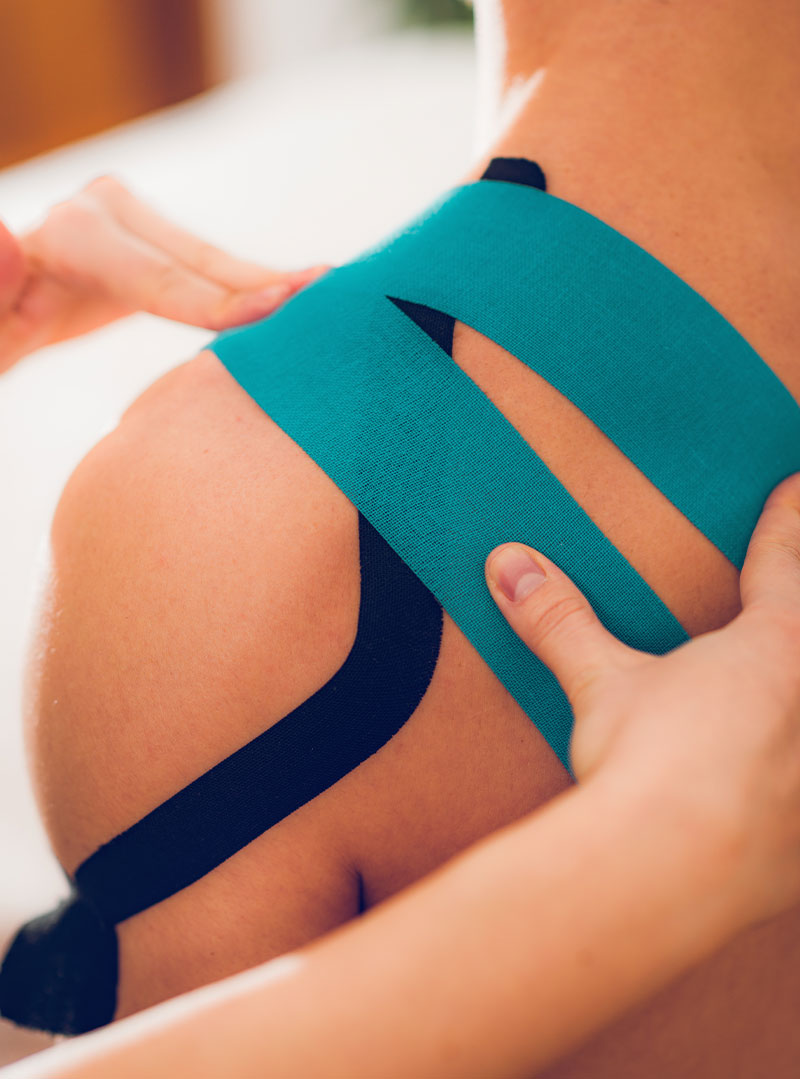
Managing Shoulder Pain
You need your shoulder to function right for nearly every task every day. From putting on your clothes in the morning to moving your laundry from the washer to the dryer, opening the car door or lifting the children into bed – all of these things require your shoulder. If you are experiencing shoulder pain, these everyday activities can be painful or impossible. Many people do not realize how important of a role their shoulder plays in daily life until it is injured. Shoulder pain has a tendency to persist if not managed correctly. While you can always turn to medication and hope the pain goes away on its own, it’s always best to address the underlying problem first.
These simple tips can help most types of shoulder pain:
- Sit upright in your car when reaching for your radio or steering wheel. Add lumbar support if needed to improve sitting posture in the car.
- Before reaching up into the cupboard for a plate, squeeze your shoulder blades together while lifting your arm.
- Don’t work through the pain (or even the low-level discomfort), this prolongs the recovery process
- If it’s safe for you to apply ice, use ice as a local anti-inflammatory. Leaving ice on too long produces frost bite and can damage skin. Diabetics and those with circulatory disorders or impaired sensation to cold should seek medical advice before deciding whether to use ice as a self-treatment.
Your shoulder pain is unique. We always recommend attending a free 15-minute screening appointment to learn specific tips and tricks to resolve your specific issue. Once the therapist has examined your shoulder, they can provide you with specific tips and tricks to resolve your own shoulder pain or help you understand whether or not you need to see a doctor.
If you are having pain or problems, contact ActivePT at 507-322-3460 or click for a free 15-minutes screening to meet with a shoulder specialist.
